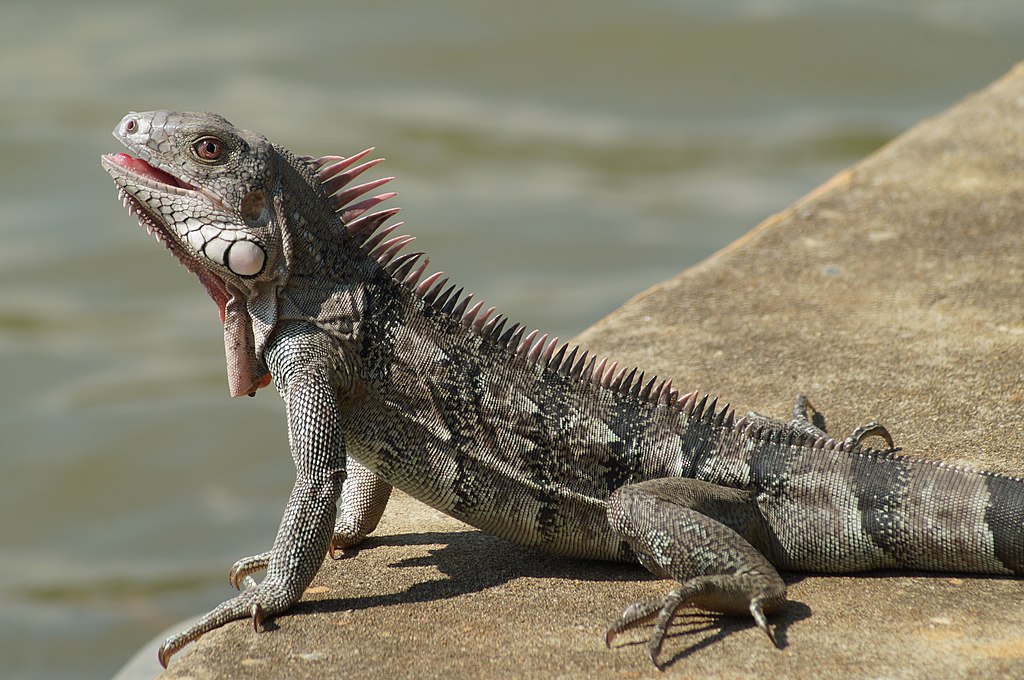Giving Attribution and Applying Creative Commons Licenses to Your Own Work
Tara Spies Smith
Learning Objectives
- Understand the importance of attribution
- How to cite and give attribution to Creative Commons content and other openly licensed content
- Giving your own work a Creative Commons license
The Importance of Attribution
Attribution = to give credit or attribution to a creative work or idea. See Attribution vs. Citation from the Gettysburg College Digital Humanities Toolkit
NOT CITING OR GIVING ATTRIBUTION TO AN IMAGE SOURCE IS A FORM OF VISUAL PLAGIARISM
It is the ethical and right thing to do to give attribution to creative content you use even if you aren’t told to use a particular style and even if it is in the public domain or under some other type of open license that doesn’t require attribution. Why? Because it keeps the flow of knowledge going and allows people to learn more about the work and the creator. You should also attribute your own work for the same reasons, so people can learn about you as the creator and your work.
How to Give Attribution to Creative Commons Licensed Content and Other Openly Licensed Content
All the Creative Commons licenses have the condition of attribution built in to the terms. This means you must give attribution to all Creative Commons licensed content you use.
Attribution Example for a Creative Commons Image
Green Iguana by Rjcastillo is licensed under CC BY-SA 3.0
This is a good attribution because it contains:
- Title: “Green Iguana”
- Creator: “Rjcastillo”—with a link to their profile page
- Source: “Green Iguana”—with a link to the original photo on Flickr
- License: “CC BY-ND 3.0″—with a link to the license deed
Giving Your Own Work a Creative Commons License
Here are some things to think about when you are deciding which type of CC license you want to give your work:
Do you want others to use your work commercially or not?
Do you want others to be able to adapt your work and make something new with it?
Do you want others to use the same Creative Commons license you used for your work they are using?
You can use the License Chooser Beta tool or the “Which Creative Commons License is Right for Me?” interactive tool to help you decide which Creative Commons license is right for you and your work.
Diving Deeper
to give credit or attribution to a creative work or idea. Attribution vs. Citation from the Gettysburg College Digital Humanities Toolkit. https://dh.sites.gettysburg.edu/toolkit/media/attribution/
Creative Commons is a global nonprofit organization that enables sharing and reuse of creativity and knowledge through the provision of free legal tools. - https://creativecommons.org/faq/#what-is-creative-commons-and-what-do-you-do
An open license is one that grants permission to access, re-use and redistribute a work with few or no restrictions (definition from Openedefinition.org). - https://libguides.csudh.edu/c.php?g=679215&p=7626572
The public domain of copyright refers to the aggregate of those works that are not restricted by copyright within a given jurisdiction. A work may be part of the public domain because the applicable term of copyright has expired, because the rights holder surrendered copyright in the work with a tool like CC0, or because the work did not meet the applicable standards for copyrightability. - https://creativecommons.org/faq/#what-is-the-public-domain
Creative Commons licenses provide an easy way to manage the copyright terms that attach automatically to all creative material under copyright. The licenses allow that material to be shared and reused under terms that are flexible and legally sound. Creative Commons offers a core suite of six copyright licenses. - https://creativecommons.org/faq/#what-are-creative-commons-licenses


